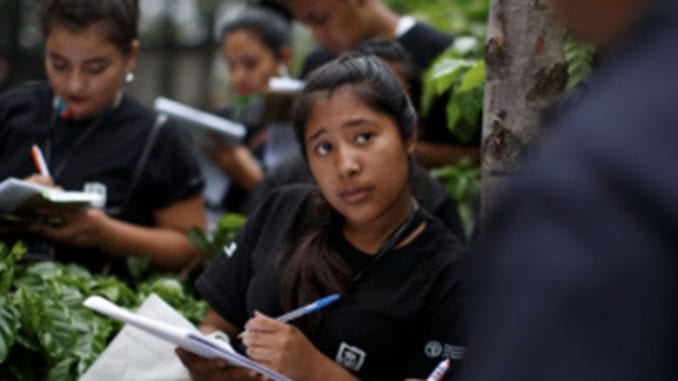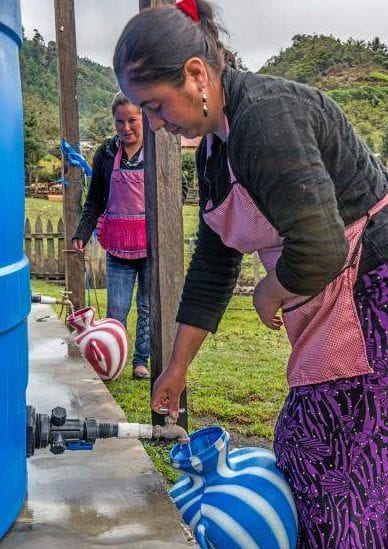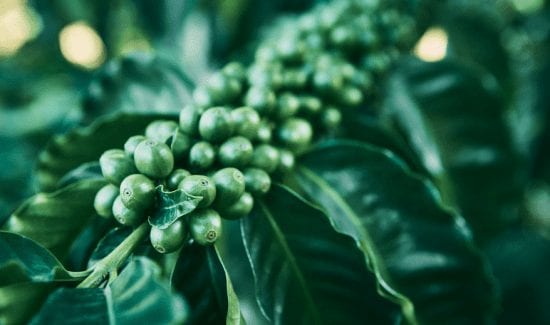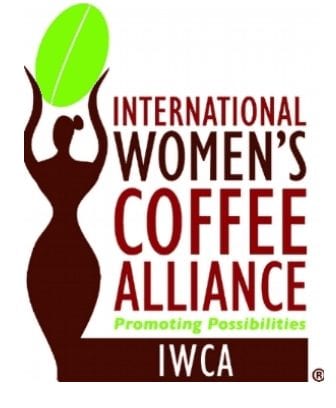
Check out these five groups working to stabilize the future of the coffee industry.
BY MARK VAN STREEFKERK
BARISTA MAGAZINE ONLINE
Cover photo courtesy of Coffee Kids
It’s rare to not come across the “C-word” in coffee news these days, and by that we mean “crisis.” The climate crisis, coffee shortage crisis, and coffee-price crisis all seem to present overwhelming obstacles for the future of this industry. The coffee crisis is increasingly breaking through to mainstream news outlets through topics such as coffee extinction and what the crisis could mean for consumers. If you’re feeling like coffee’s future is uncertain, check out these five amazing organizations that are working to minimize the damage, and find out how you can plug in and support them.
1. Rainforest Alliance. Though not strictly a coffee-focused organization, the Rainforest Alliance has over 30 years of conservation and sustainability efforts in the world’s most vulnerable areas; these areas are coincidentally where most coffee comes from. This international nonprofit focuses on farmers, agriculture, biodiversity, ethical supply chain commitments, and supporting and learning from indigenous protectors of forests. They also have a rigorous certification program: the Rainforest Alliance Certified frog seal. Businesses or products that have this seal have met standards for economic, social, and environmental sustainability.

2. The Sustainable Coffee Challenge. Conceived at the 2015 United Nations Climate Change Conference in Paris, the Sustainable Coffee Challenge is an organization formed by Conservation International, Starbucks, and 18 other partners. Other notable partners include Counter Culture Coffee, the Specialty Coffee Association, and Fair Trade. The Sustainable Coffee Challenge’s goal is for all coffee to be produced through sustainable practices. The Frameworks section on their website identifies pathways to measure results toward that goal. You can make commitments, large or small, by geography, actor, or issue (including gender + indigenous people, education, climate, and water access, to name a few).

3. World Coffee Research. World Coffee Research (WCR) is a nonprofit agriculture research organization dedicated to saving the future of coffee. Consider WCR the advocate for the coffee plant itself, with big impacts for both coffee producers and the industry. WCR works collaboratively in 29 countries and invests in the scientific and genetic research of coffee, with the goal of adapting the plant to climate change and higher-quality yields.

4. International Women In Coffee Alliance. Gender equity is a key factor in moving coffee forward. The International Women in Coffee Alliance (IWCA) advocates that when women are supported in the coffee industry and recognized for the work they already do, families and communities immediately benefit. IWCA is a network of independent chapters in 24 countries, united by the shared mission to empower women in coffee.
5. Coffee Kids. Coffee Kids started in 1988 as the first nonprofit in specialty coffee devoted to improving the lives of farmers. This organization addresses the economic disparity between coffee farmers and other levels of the value chain. By providing seed capital, grassroots training, and mentorship, Coffee Kids aims to collaborate with and support future generations of coffee producers.

ABOUT THE AUTHOR
Mark Van Streefkerk is Barista Magazine’s social media content developer and a frequent contributor. He is also a freelance writer, social media manager, and novelist based out of Seattle. If Mark isn’t writing, he’s probably biking to his favorite vegan restaurant. Find out more on his website.
